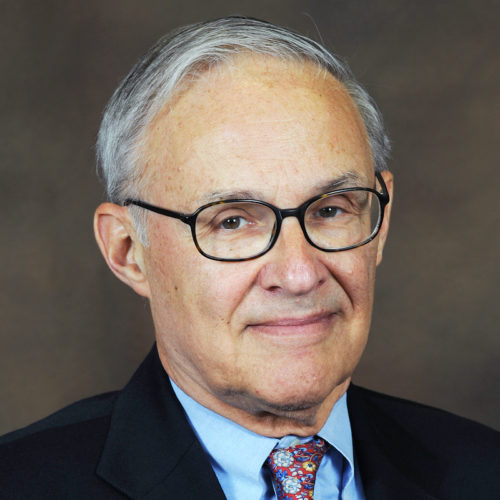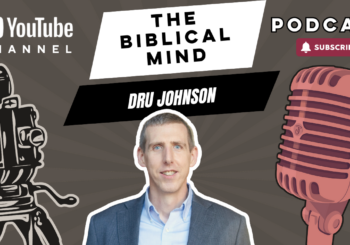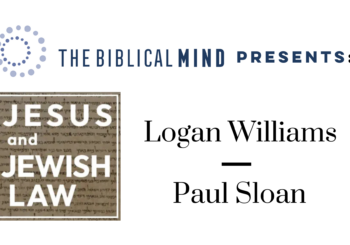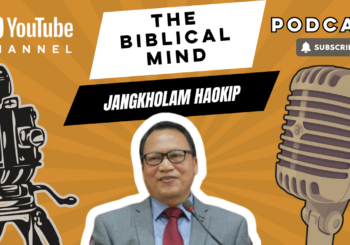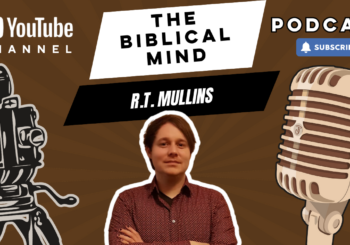Reading Exodus: When Does a Multitude Become a People? (Leon Kass)
How should we read the book of Exodus?
Dr. Leon Kass discusses his answer to this question from his recent book, Founding God’s Nation: Reading Exodus. Dr. Leon Kass is the Professor Emeritus in the Committee on Social Thought and the College at the University of Chicago, and formerly served as the Chairman of the President’s Council on Bioethics under George W. Bush. He has published a host of works in medicine, bioethics, and most recently, biblical studies.
Dr. Kass believes that reading Exodus should start with humility and curiosity—perhaps the author of Exodus knows something we don’t. From there, we can begin to see Exodus for what it is: a book that not only recounts the story of Israel, but also reveals themes and principles that apply to any person or nation. Specifically, he describes the difference between a multitude and a people, what Exodus has to say about technology, and why God chose a lowly slave people to be His covenantal servants.
Show notes:
- 0:00 Reading with open eyes
- 4:20 Learning from the great texts
- 6:55 Genesis, Exodus, technology, and bioethics
- 13:28 The three things a people needs
- 19:50 The covenantal foundation of Israel
- 24:49 Why God started with a lowly people
- 30:10 Slavery in ancient Israel
- 35:19 Epistemology in Exodus
Learn more about Dr. Leon Kass and his work.
Show notes by Micah Long.
Did you enjoy this podcast episode? Check out articles from The Biblical Mind.
Credits for the music TBM podcast: hebraicthought.org/credits.
